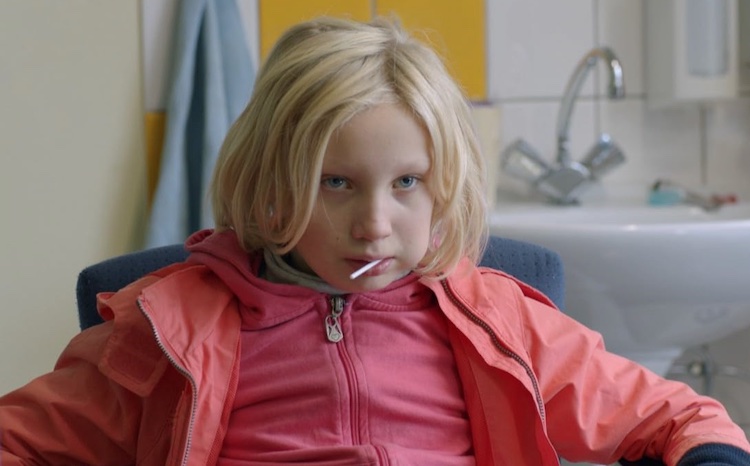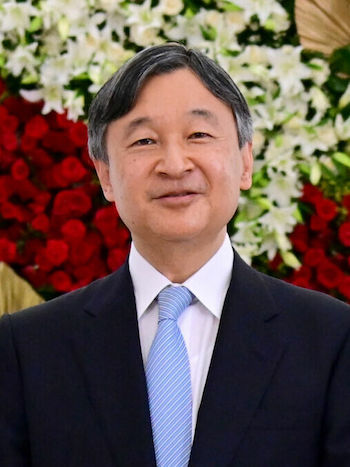On May 3, which is Constitution Day in Japan, prominent right wing pundit Yoshiko Sakurai held a symposium in Tokyo on the Constitution, which she wants to amend in order to establish the Self-Defense Forces (SDF) as a full-fledged national military body and remove any restrictions regarding belligerence. One of the speakers was Kenichi Itokazu, mayor of Yonaguni, the westernmost island of Japan, located 509 kilometers from the main island of Okinawa and fairly close to Taiwan. Itokazu has spent most of the last 30 years lobbying the government to build an SDF post on Yonaguni, which would be the closest municipality in Japan to any action that would arise if China decides to use force in bringing Taiwan under its direct control. In fact, Yonaguni is so close to Taiwan that it falls within the island’s air defense zone.
In his speech, which was summarized in the May 7 edition of the Sankei Shimbun, Itokazu says he found it “humiliating” 30 years ago that his town had no national defense capabilities. More to the point, there were no military facilities, either Japanese or American, on any of the islands that stretched between Yonaguni and Okinawa. Then in 2016, a Ground Self-Defense Force post was established on Yonaguni, and 3 years later posts were built on Miyakojima and Amami Oshima. Last year, one was set up on Ishigaki Island, thus demonstrating the government’s will to “resolutely protect the Sakishima archipelago.”
But Itokazu feels it isn’t enough, because “when we consider the situation surrounding the Senkaku islands,” which are claimed by Japan, China, and Taiwan, “and the Taiwan situation,” there’s always the problem of Japan’s Constitution, which forbids Japan from going to war with another country. He mentions how the American GHQ under General Douglas MacArthur “thoroughly crushed” Japan when it forced the present Constitution on the nation during the postwar occupation because it feared the “courage” that the “people of Yamato” demonstrated during the Pacific War. The resulting document denies Japan the right to engage in military action, which, as mayor of Yonaguni, Itokazu finds unbelievable since Japan has a responsibility to defend Taiwan, a former Japanese colony, from China if China decides to annex the island. In that case “the Taiwan Strait issue becomes a Yonaguni Strait issue.”
Consequently, the Constitution must be revised so as to change the laws that apply to the SDF and include a “state of emergency” clause. In other words, it must “recognize” Japan’s right to engage in war. Otherwise, Japan cannot respond adequately and quickly to states of emergency that could arise with regard to Taiwan and the Senkakus, not to mention natural disasters such as earthquakes, tsunamis, and typhoons. Japanese lawmakers must move to change the Constitution in order to “throw off the yoke of self-restriction” that has been imposed by the current Constitution, and they must act now so that Japan can defend Taiwan and their shared values of freedom and democracy. Japan’s very existence is at stake.
In Dec. 2022, Asahi Shimbun ran an interview with Itokazu where he said pretty much the same thing but without centering his views on the Constitution. The interviewer does ask him about the possibility of using diplomacy to ease tensions in the region, since the present Constitution implies with its refusal to recognize Japan’s right to wage war that diplomacy is the only legal means Japan has to solve security problems, and the mayor agrees that such efforts should be made, though he also says that Japan is “very weak when it comes to diplomacy and intelligence gathering,” so if diplomacy fails Japan could be the object of Chinese aggression.
Both the interview and the speech suggest that Itokazu is mainly advocating for deterrence. As the interviewer points out, if Japan fights with the U.S. to defend Taiwan from China, any place in Japan with an SDF presence will become a target, but Itokazu says that if there is an SDF presence on Yonaguni then “we can feel safe,” which sounds overly optimistic for someone living on the front lines of what could turn out to be a shooting war.
But that’s the possibility that the Japanese government doesn’t like to talk about in its drive to increase its military capabilities, because if a shooting war does start between China and Taiwan, and the U.S. joins in with Japan by its side, Japan will suffer greatly regardless of the amount of hardware it’s bought and the number of troops at its command. The U.S. isn’t going to worry about an attack on its homeland because it’s too far away, but any Japanese forces will become targets in a war with China, which means the Japanese homeland itself will become a target. Nobody in the government or in the mainstream media talks about that reality except in theoretical terms (we need more missiles). Other than Sankei, the only daily newspapers who covered Itokazu’s speech were the Okinawa Times, since Okinawa, being the prefecture nearest to any presumed conflict, knows it would be in harm’s way; and the Asahi Shimbun, which limited coverage to one paragraph. If the government really wants to develop a full-fledged military capability to defend neighbors from outside aggression, it has to tell all the people of Japan what that would entail in a worst case scenario.










